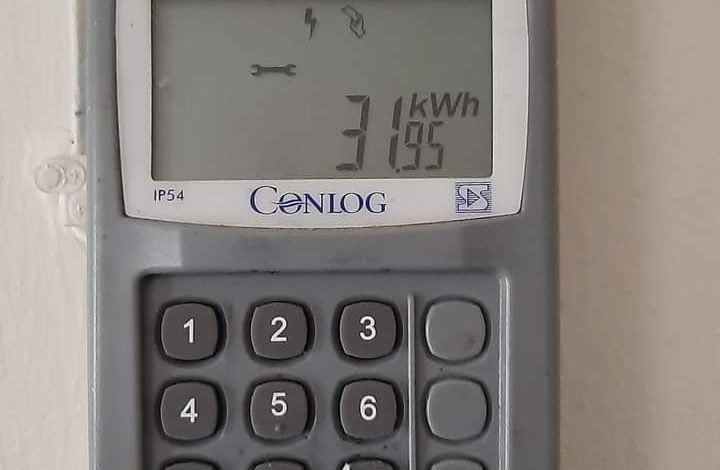Why yaka system is being phased out
The Standard Transfer Specification Association (STS), the manufacturers of prepaid meters issued a critical notice affecting all STS prepayment meter users including electricity utility suppliers.

On Friday,December 5,2023, Minister for Energy and Mineral Development Ruth Nankabirwa revealed that by November 2024, the prepaid yaka meters will be phased out.
The Minister noted that the prepaid meters will be migrated onto the New Token Identification System to be able to continue purchasing Units for their Electricity Supply seamlessly.
“This change is happening on a global scale and will affect all consumers on the Prepayment Metering system,” she said.
Now explaining the reasons for phasing out the yaka system, Nankabirwa revealed that on May 22,2022, the Standard Transfer Specification Association (STS), the manufacturers of prepaid meters issued a critical notice affecting all STS prepayment meter users including electricity utility suppliers.
“The notice indicated that on 24 November 2024, all prepayment meters based on STS technology will stop dispensing electricity, because each credit token issued to a prepayment meter has a unique Token Identifier (TID) encoded into 20 digits that needs to be updated,” she posted via her X account.
She further highlighted that the current TID in all prepaid meters in the electricity, water, and gas utilities business is referenced to a base date of 1993 and will run out of range in November 2024, thus causing the prepayment meter to stop accepting new tokens.
Therefore inorder to overcome the TID rollover occurrence, all meters will require key change tokens with the roll over bit set. In addition to this, the base date of January 1,1993 will be required to be changed to a base date of January 1,2014.
This process will force the meters to reset the TID stack memory to 0. To avoid previously used tokens from being accepted by the meter due to the TID stack reset, the key change process changes the meter key at the same time.
A process is therefore required to allow for the management of this TID Rollover key change with the least impact to the utilities and equipment suppliers.







